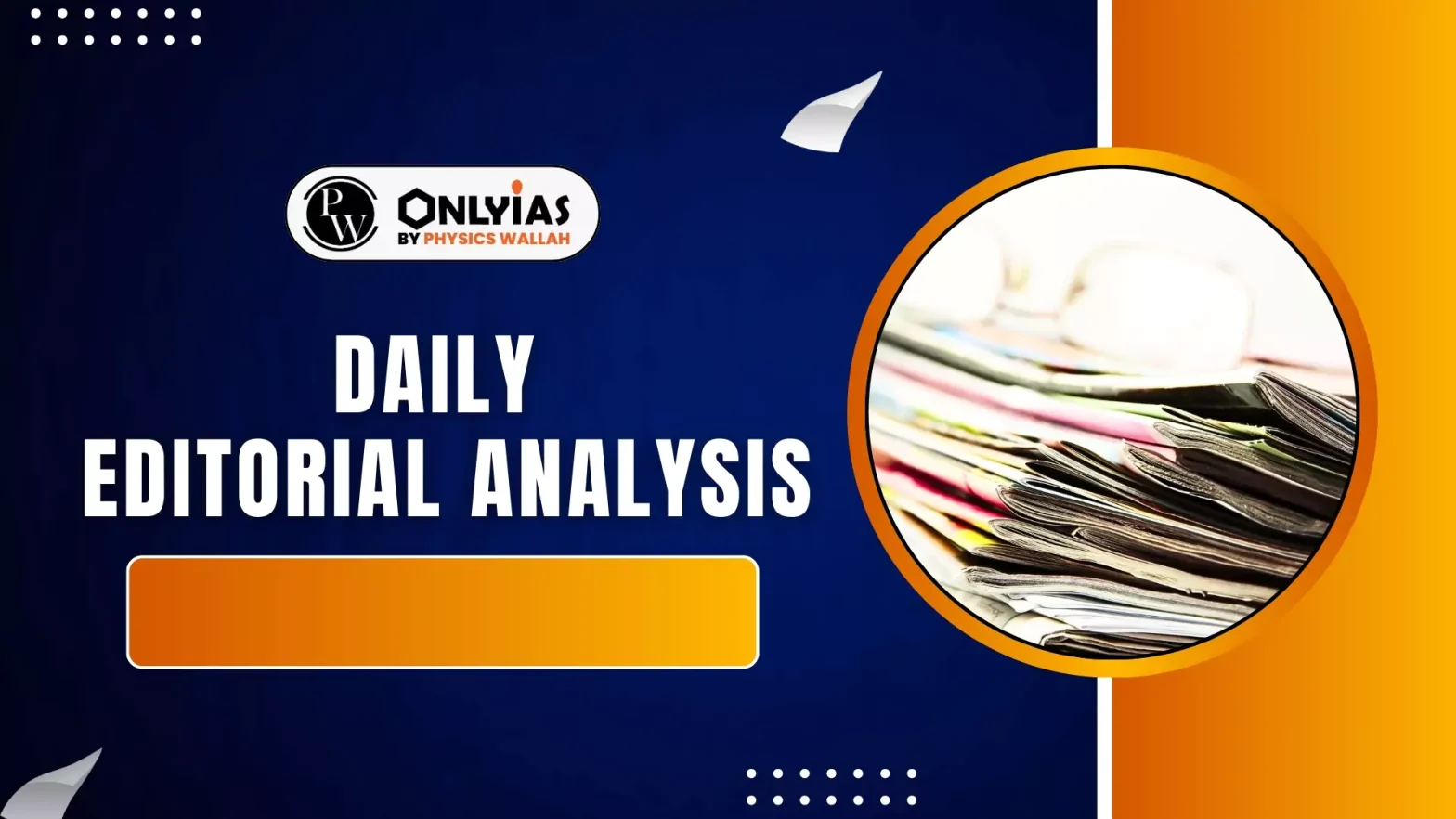After the 2024 Maharashtra Assembly elections, the Leader of the Opposition in the Lok Sabha, raised serious concerns about the fairness and transparency of how the elections were conducted.
Concerns about Voter Roll changes in Maharashtra
- Rapid Increase: A notable concern is the addition of over 39 lakh new voters within just six months following the general election.
- Pattern of Inflation: This isn’t an isolated incident; The Hindu‘s analysis reveals similar spikes observed before Assembly polls in 2014, suggesting a potential pattern of inflated electoral rolls.
- ECI’s Data Withholding: The Election Commission of India (ECI) has not released machine-readable data, which is crucial for public or political party-level verification of the voter rolls.
- Hindrance to Scrutiny: Without access to verifiable voter roll data, political parties are unable to check for potential duplication or manipulation, raising questions about the integrity of the lists.
- Exclusion from Updates: The process for updating voter rolls often lacks timely input from political parties, thereby reducing essential scrutiny and accountability.
- Post-Election Objections: This exclusion leads to parties raising objections only after elections, rather than being actively involved during the roll revision process, ultimately weakening trust in the electoral system.
Controversies Surrounding Electoral Processes
- Restricting CCTV Access: Limiting access to CCTV footage raises suspicion about irregularities or malpractice.
- The Centre’s amendment to the Conduct of Election Rules, 1961, restricting access, is controversial, especially given demands by political parties like Congress for greater transparency.
- Hinders Complaint Verification: Without footage, it becomes difficult to verify allegations of booth-level misconduct.
- This makes it challenging for parties to validate anomalies, such as voter turnout after 5 p.m., or respond effectively to other irregularities.
- Undermines Democratic Accountability: The lack of access is perceived as eroding public trust and weakening institutional checks.
- Critics suggest that the Election Commission is avoiding scrutiny instead of actively ensuring electoral integrity.
ECI’s Address of Late Voting Allegations
- Dismissed Claims: The Election Commission of India (ECI) clarified that there was no significant spike in voter turnout after 5 p.m. during the 2024 Maharashtra Assembly elections. Their analysis indicated that the voting pattern was consistent with past trends, not unusually high.
- Provisional Turnout Data: The ECI explained that provisional turnout figures, especially those shared via apps, are based on manual inputs and may contain discrepancies.
- They noted that app-based data can differ from final turnout due to delays and entry errors during polling day.
- Final Booth-Level Data (Form 17C): The ECI emphasized that accurate data comes from Form 17C, which is compiled after polling ends and includes machine-verified figures.
- They asserted that final turnout is based on actual vote counts from EVMs and VVPATs, not manual estimates.
Conclusion
To safeguard electoral integrity, transparent voter roll management with verifiable, machine-readable data and multi-party involvement is essential. Concurrently, implementing the Supreme Court’s mandate to include the Chief Justice of India in the Election Commissioner selection will bolster impartiality.
![]() 10 Jun 2025
10 Jun 2025

